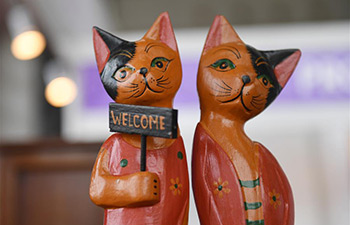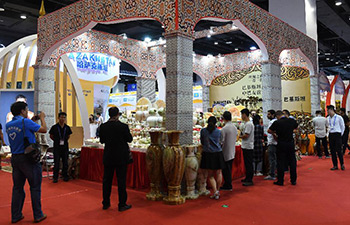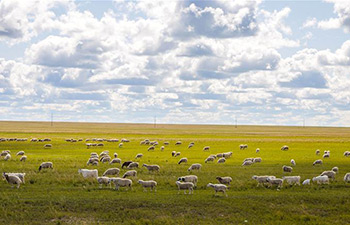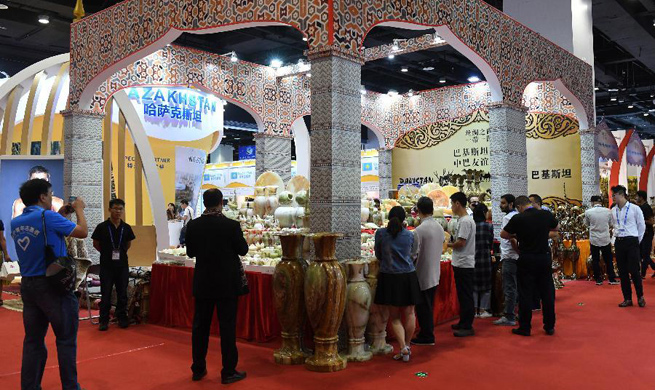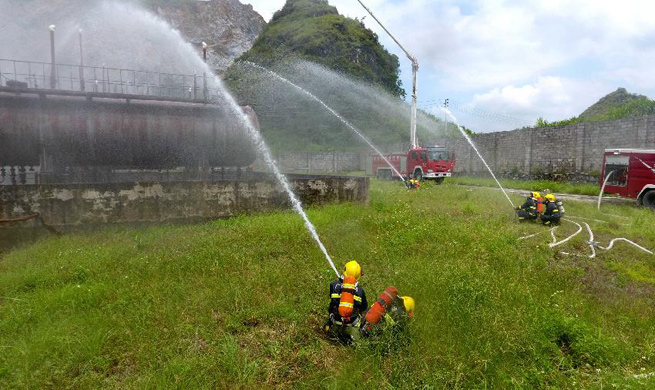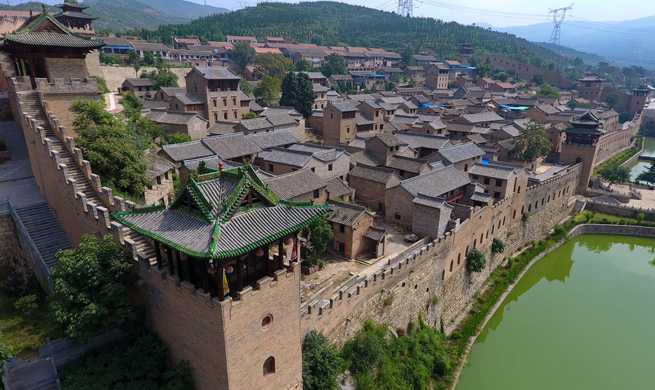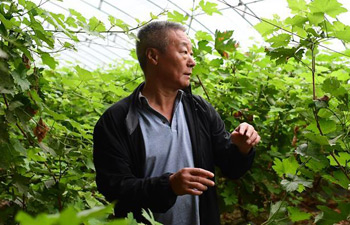LONDON, Sept. 13 (Xinhua) -- Tuesday's conviction of nine members of the same family for modern slavery in Britain is just the tip of an iceberg as more information is being pieced together to reveal what is hiding in dark corners behind the gleaming facades of the earliest industrialized country.
The nine people were found guilty for keeping workers in sub-human conditions in East England. One victim, whose ordeal spanned more than 25 years, was made to dig his own grave. They were jailed to a total of 79 years.
The sentencing came in one of the biggest cases of its kind in Britain. The family was described as "chilling in their mercilessness".
When people refer to this kind of crimes as "modern slavery", there is nothing modern about it. It simply indicates a persistent evil which echoed down centuries to London and other parts of the country.
Though committed in different times, the essence of the crime remains basically unchanged -- Women forced into prostitution, people forced to work in agriculture, domestic work and factories, children in sweatshops producing goods sold globally, entire families forced to work for nothing to pay off generational debts, and girls married off to older men.
British police believed that tens of thousands of men, women and even children are being kept as slaves in different parts of the country, and they are forced to work impossible hours for little or no reward in brothels, car washes, restaurants, cannabis farms and even the houses of the wealthy, according to a widely circulated newspaper, the London Evening Standard.
Latest figures painted a grim picture. There are up to 13,000 victims of modern slavery in Britain, according to Kevin Hyland, the independent anti-slavery commissioner.
In Britain, the number of people identified as slaves is rising every year -- 3,805 people were seen as potential victims through the British government's National Referral Mechanism, compared with only 1,186 in 2012.
The National Referral Mechanism is the British government's system for identifying victims of modern slavery. Introduced in 2009, its definition of slavery includes human trafficking, servitude and forced or compulsory labor.
In 2014, the British Home Office published an estimate of between 10,000 and 13,000 victims the previous year. But the British National Crime Agency has said it believes the total to be in the tens of thousands, and the commissioner has agreed.
The victims are from 108 countries and regions, including Afghanistan, Albania, Eritrea, India, Nigeria, Poland, Romania and Vietnam.
According to British anti-slavery charity Unseen, 21 million people globally are thought to be victims of trafficking, forced labor, domestic servitude or sexual exploitation.
A cross jurisdiction crime -- just like the trafficking of drugs, it is run by criminal groups that evade prosecution because law enforcement face the obvious challenges brought about by criminals networking across borders either physically or via the internet.
Last year, British Prime Minister Theresa May sought to galvanize international action to stamp out modern slavery when she brought together leaders, representatives of international organizations and experts in the margins of the UN General Assembly.
The prime minister argued that just as the international community has stepped up international cooperation to crackdown on drugs trafficking and other organized crime, the world needs a similar coordinated effort to eradicate modern slavery.






